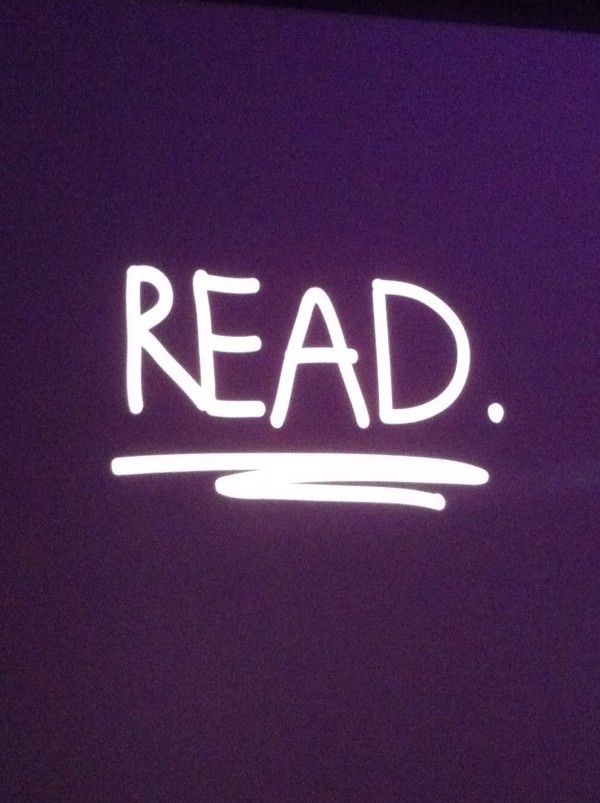“I had learned already never to empty the well of my writing; but always to stop when there was still something there in the deep part of the well, and let it refill at night from the springs that fed it.” — Ernest Hemingway, A Moveable Feast
I have spent this summer refilling from the springs.
I have always been a reader; but the kid who devoured books one after another has, as an adult, found it difficult to consistently make time for reading. This summer has been different. I’ve moved from book to book, putting one down only to pick up another. I’ve felt almost hungry to read. It’s like eating Mexican Seven Layer Dip: I just. Cannot. Stop.
First, it was David McCullough’s “The Greater Journey,” a hefty nonfiction book about American writers, artists and physicians who flocked to Paris between roughly 1830 and 1900. These expats sought to perfect their crafts in what they saw as the most vital, creative life-giving city in the world.
When I finished it, I felt the need to stay in Paris, and to read about the next generation of writers and artists who went there in first two decades of the 20th century: Fitzgerald, Hemingway, Anderson, Picasso, the group that Gertrude Stein called “The Lost Generation.”
 So I picked up “The Paris Wife,” Paula McClain’s fictional account of Hadley and Ernest Hemingway’s courtship and marriage and early life in Paris. And then, of course, I had to read Hemingway’s memoir of that same time, “A Moveable Feast” — a gorgeously written, heartbreaking book. Forty-some years later — after he and Hadley had divorced (and he’d married three other women in succession), after he’d undergone horrific electroshock therapy treatments for depression that had sapped his memory — Hemingway received two steamer trunks of letters, notebooks and old clothing that he’d left at the Hôtel Ritz in Paris in the 1920s. He stitched together those old writings and fragmented memories into “A Moveable Feast.”
So I picked up “The Paris Wife,” Paula McClain’s fictional account of Hadley and Ernest Hemingway’s courtship and marriage and early life in Paris. And then, of course, I had to read Hemingway’s memoir of that same time, “A Moveable Feast” — a gorgeously written, heartbreaking book. Forty-some years later — after he and Hadley had divorced (and he’d married three other women in succession), after he’d undergone horrific electroshock therapy treatments for depression that had sapped his memory — Hemingway received two steamer trunks of letters, notebooks and old clothing that he’d left at the Hôtel Ritz in Paris in the 1920s. He stitched together those old writings and fragmented memories into “A Moveable Feast.”
The book is more than reflection on a marriage; it captures conversations among writers about the craft of writing. I’ve underlined passage after passage that inspire me — and maybe you, too, no matter what your creative discipline:
On keeping momentum in your work — “I always worked until I had something done and I always stopped when I knew what was going to happen next. That way I could be sure of going on the next day.”
On the struggle to begin, to face the blank page — “But sometimes when I was starting a new story and I could not get it going … I would stand and look out over the roofs of paris and think, ‘Do not worry. You have always written before and you will write now. All you have to do is write one true sentence. Write the truest sentence that you know.’ So finally I would write one true sentence, and then go on from there.”
On the need to seek out other writing as inspiration and respite from our own work — “When I was writing, it was necessary for me to read after I had written, to keep my mind from going on with the story I was working on.”
So, what are you doing to refill from the springs?
